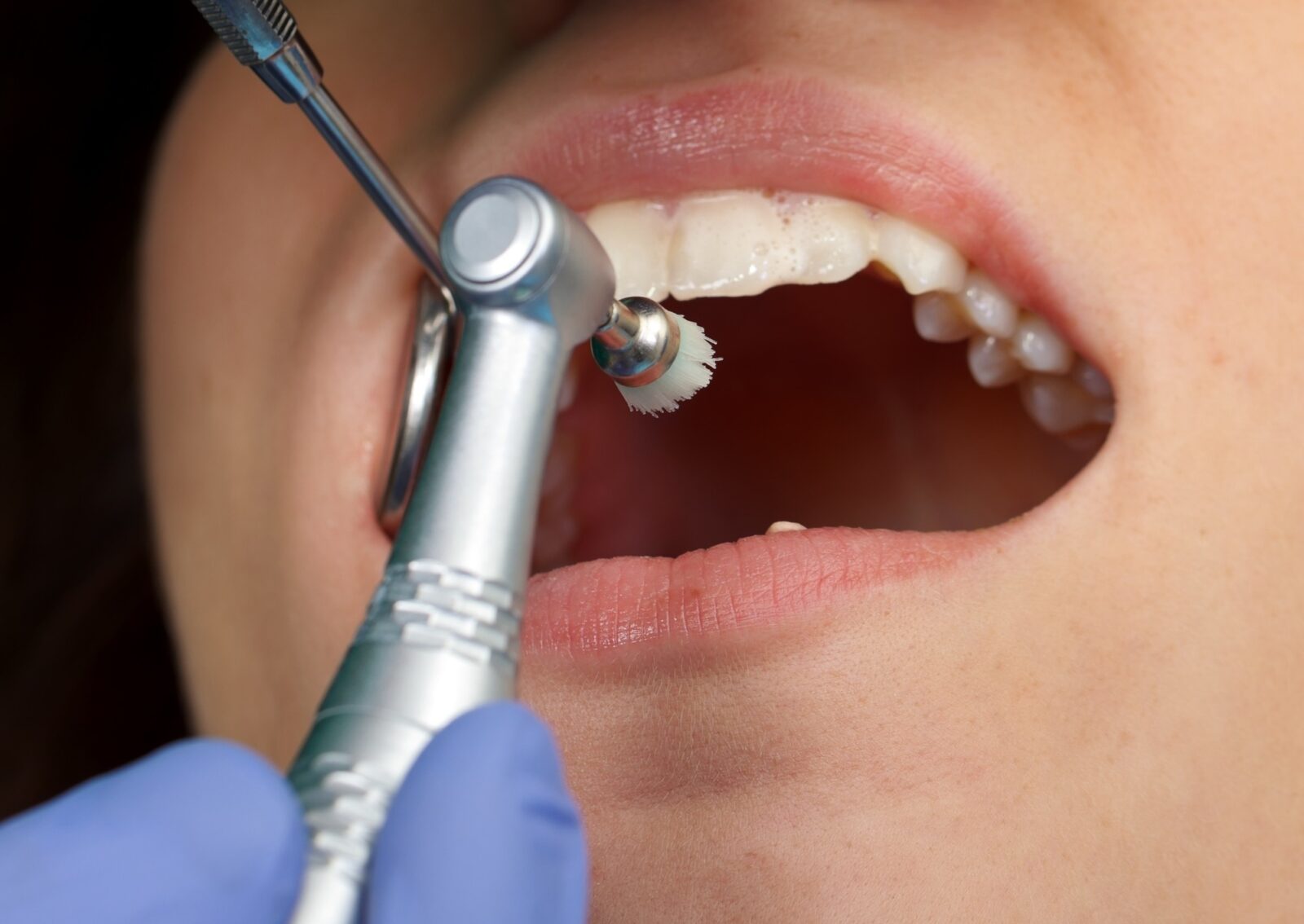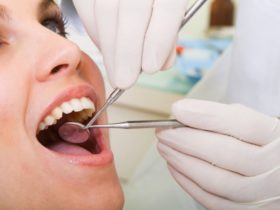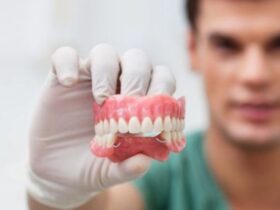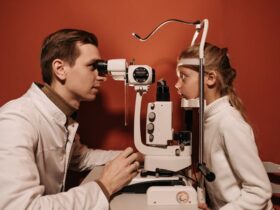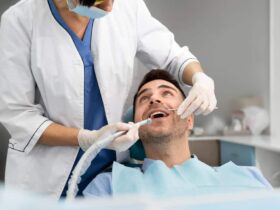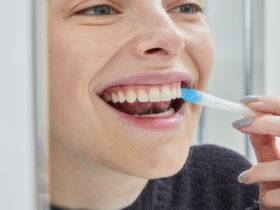Professional dental cleaning is a routine procedure that involves scaling and polishing teeth. Your dentist in Plymouth, MA, will use a special tool to gently scrape away the tartar that has accumulated on your teeth over time. The dentist may also recommend other treatments, such as fluoride varnishes or mouthwashes with antibacterial agents in them, if necessary.
Routine professional dental cleaning helps remove plaque, which is the sticky yellow film that may accumulate. Plaque can lead to decay and health problems if left untreated. Staining of tooth enamel, a common complaint of people with stained teeth, can also be caused by plaque.
While professional cleaning is required every six months or every year depending on your dentist’s instructions, you can brush and floss your teeth at home to remove plaque from between cleanings.
Here are what professional dental cleaning usually consists of:
- Removal of calculus
Calculus is the accumulated tartar on your teeth. The removal of calculus is an important step in the dental cleaning process. If not removed periodically, calculus can lead to tooth decay and other dental problems. You need to have your teeth professionally scaled every six months or yearly, as directed by your dentist. Unless instructed otherwise, you can do it yourself at home. Either way, make sure that you use proper dental hygiene techniques to prevent calculus buildup.
- Removal of plaque
Plaque accumulates on your teeth. Bacteria that live on your teeth produce plaque and secrete it onto the surface of your teeth. Plaque is a major cause of gingivitis, or gum disease, and can lead to tooth decay. In addition, plaque can also stain your teeth and lead to bad breath. So, plaque removal is one of the most important steps in professional cleaning.
- Teeth polishing
Another important step in professional dental cleaning is teeth polishing. The dentist uses a special tool to polish your teeth to remove any leftover plaque and calculus. This allows your teeth to have a nice, clean, and healthy appearance.
- Oral hygiene recommendations
As part of the professional dental cleaning process, your dentist will also discuss any oral hygiene recommendations with you. This is especially important if you have any gum diseases like gingivitis or periodontitis. It is always a good idea to follow these recommendations for proper oral hygiene at home to avoid the recurrence of gum disease and other dental problems later on.

